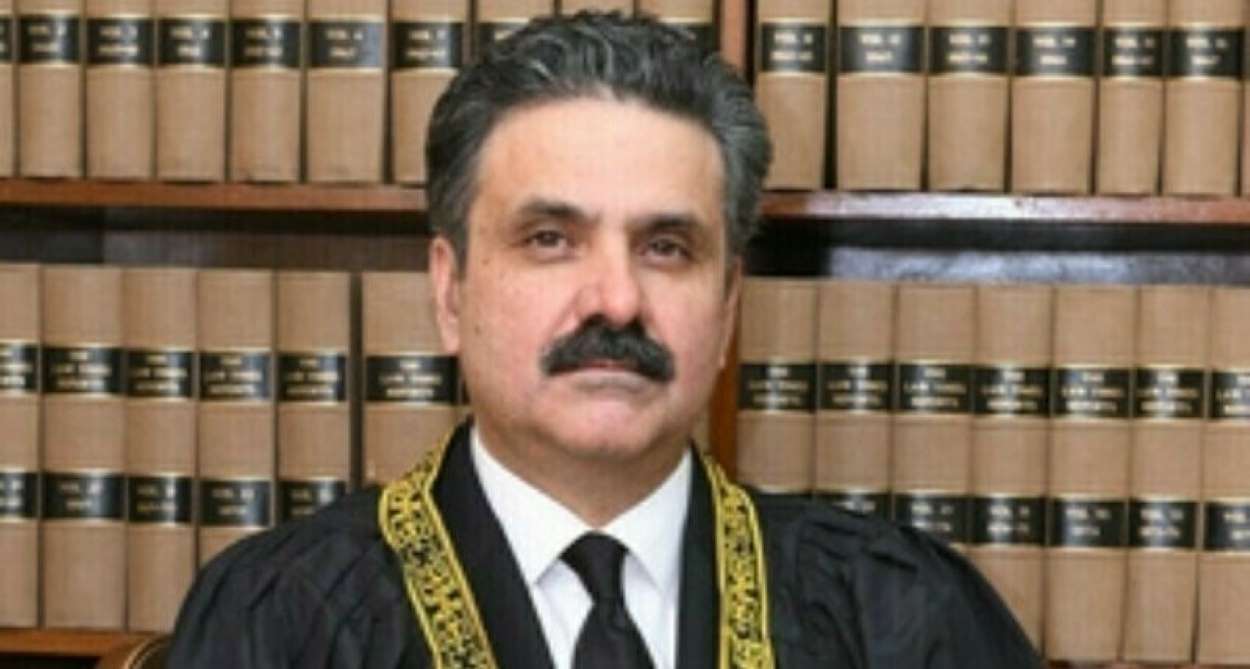Justice Yahya Afridi has opted out of the suo motu case initiated by the Supreme Court in response to a letter from Islamabad High Court (IHC) judges highlighting allegations of intelligence agencies interfering in judicial affairs.
Justice Afridi expressed his recusal as part of a seven-member bench through a note included in the order from the case’s inaugural hearing, suggesting that the issues should be assessed per the Supreme Judicial Council’s guidelines.
In his reasoning, Justice Afridi argued that the High Courts, being constitutionally independent, should not be subjected to scrutiny under Article 184/3 regarding their autonomy. The bench, led by Chief Justice Qazi Faez Isa, consists of esteemed justices, including Syed Mansoor Ali Shah, Jamal Khan Mandokhel, Athar Minallah, Musarrat Hilali, and Naeem Akhtar Afghan, who are addressing the case.
At the outset on April 3, the Chief Justice emphasized the Supreme Court’s stance against any meddling in judicial matters, taking the IHC judges’ letter seriously. In his remarks, Justice Yahya noted that although the suo motu action was well-intentioned, it might inadvertently impact the independence of High Courts and their chief justices.
Additionally, Justice Athar Minallah shared his reservations, particularly about agreeing with certain parts of the written order. He highlighted concerns over potential “interference” in politically sensitive cases, referencing historical instances and labelling the IHC judges as “whistleblowers” for their persistent efforts to bring the issue to light despite institutional inertia.
In its formal order, the bench summoned the Attorney General for Pakistan, the Pakistan Bar Council, and the SC Bar for input on how the judiciary should collectively respond to the situation. It also detailed engagements with Prime Minister Shehbaz Sharif following a full-court discussion and consultations with high court judges, underlining the severity of this.






